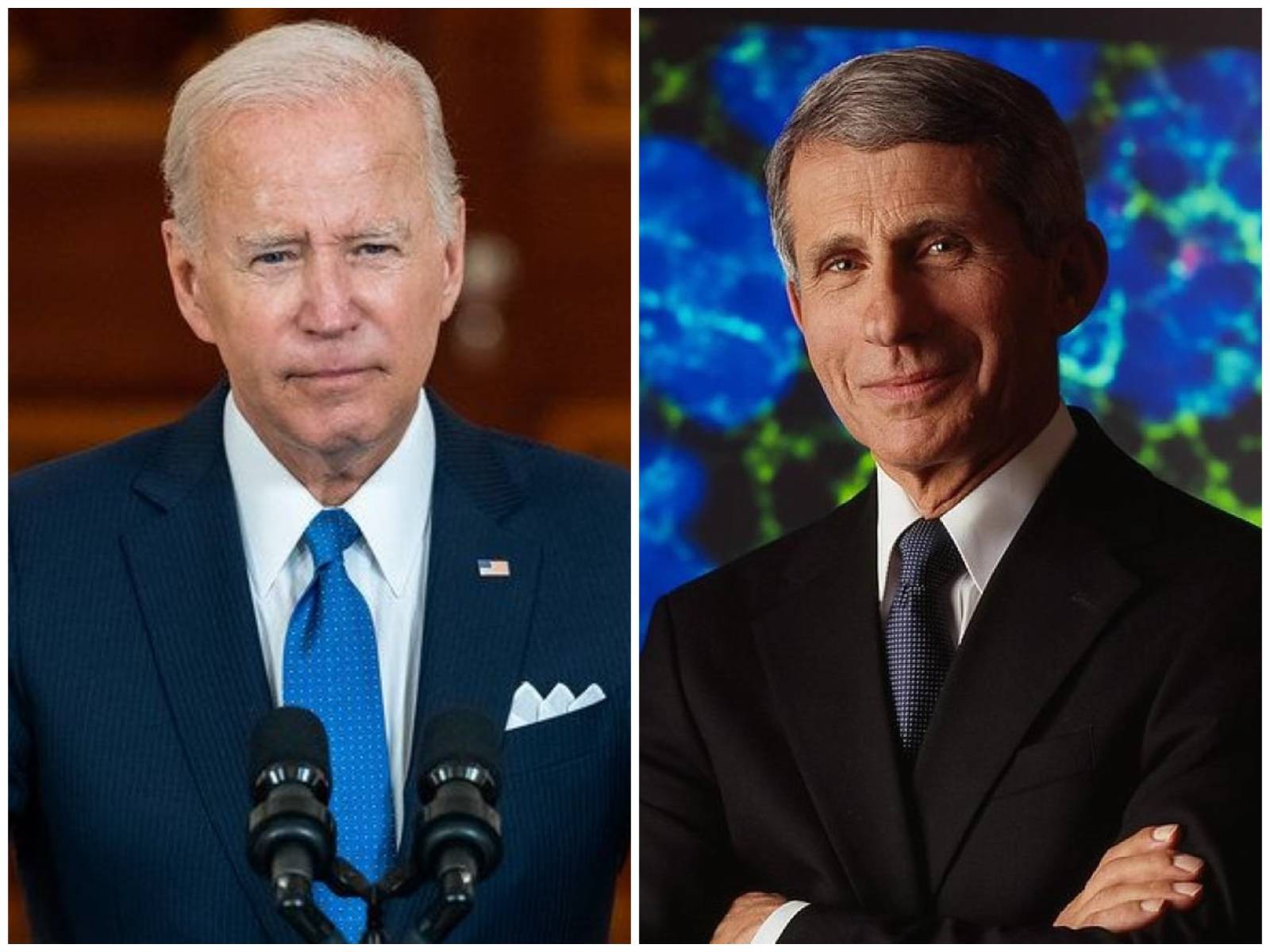The preemptive pardon of Dr. Anthony Fauci by President Joe Biden on his final day in office sparked controversy and raised the question: Why? This action shielded Fauci, Biden’s former chief medical advisor, from future prosecution. But with no charges filed or pending, the pardon’s necessity remains a point of contention.
Examining the Rationale Behind Biden’s Decision
Biden’s pardon extended to several individuals, including Fauci, former Chairman of the Joint Chiefs of Staff Mark Milley, and individuals involved in the January 6th Capitol attack investigation. While Biden asserted the pardons weren’t an admission of guilt, they prevent any future legal action against these individuals.
 alt
alt
Biden emphasized the pardoned individuals’ dedicated public service, framing the decision as a gesture of gratitude. He highlighted Fauci’s five decades of service, including his leadership during the HIV/AIDS crisis, the Ebola and Zika outbreaks, and most notably, the COVID-19 pandemic.
Fauci’s Response and Career in Public Health
Fauci maintained his innocence, stating he committed no crimes. He expressed gratitude for the pardon while acknowledging the “politically motivated threats of investigation and prosecution” he faced. He described the distress these threats caused him and his family, emphasizing their baseless nature.
Fauci’s long career at the National Institutes of Health (NIH), spanning seven presidencies, culminated in his role as NIAID director under President Reagan. Biden’s request for Fauci to serve as his chief medical advisor underscored his respect for Fauci’s expertise.
The Controversy Surrounding the Pardon
Despite Biden’s justification, the pardon ignited criticism, particularly from Republicans who had previously targeted Fauci for his role in the COVID-19 response. Critics like Senator Rand Paul viewed the pardon as confirmation of Fauci’s culpability in the pandemic’s origins and vowed to continue investigating alleged cover-ups.
Former President Trump denounced the pardons as “disgraceful,” asserting that many recipients were guilty of major crimes. While his Attorney General nominee, Pam Bondi, advocated against politically motivated prosecutions, Trump’s HHS nominee, Robert F. Kennedy Jr., had previously suggested considering prosecuting Fauci.
Image: Robert F. Kennedy Jr. at a campaign rally.
Historical Precedents for Preemptive Pardons
While preemptive pardons are rare, they are not without precedent. President Gerald Ford’s pardon of Richard Nixon following his resignation is perhaps the most well-known example. Other instances include President Carter’s pardon of Vietnam War draft evaders and President George H.W. Bush’s pardon of Caspar Weinberger. These historical examples provide context for Biden’s decision, though the Fauci pardon’s specific circumstances continue to be debated.
Conclusion: A Legacy Defined by Service and Controversy
Biden’s preemptive pardon of Dr. Fauci remains a controversial decision. While supporters view it as a justified act of gratitude for decades of public service, critics see it as shielding a figure they believe deserves investigation. The pardon undeniably adds another layer of complexity to Fauci’s legacy, ensuring his role in American history will be remembered for both his contributions to public health and the political firestorm that surrounded him.